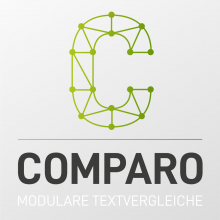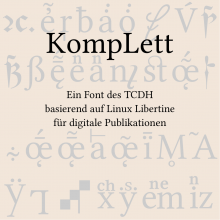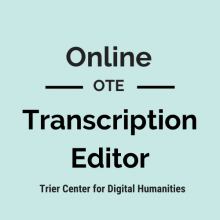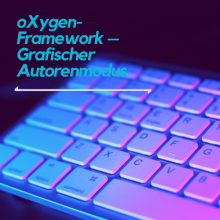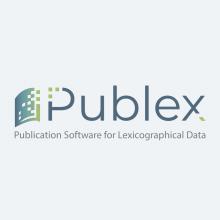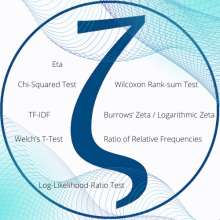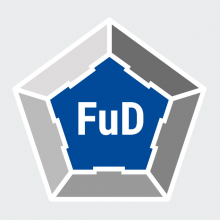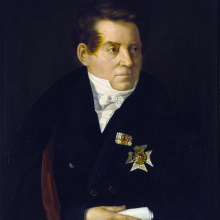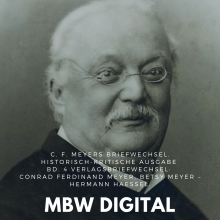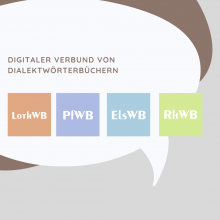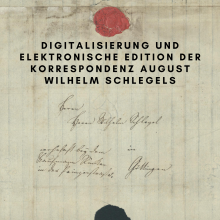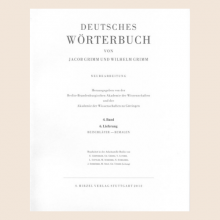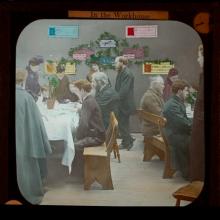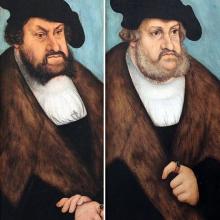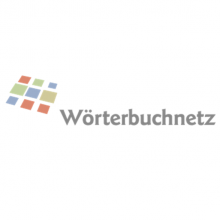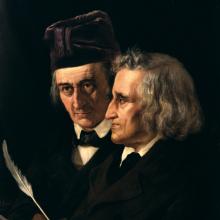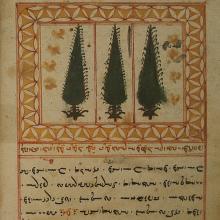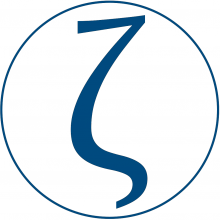Software Systems and Research Infrastructure
Research Area II
Knowledge and Tools
The research area II "Software Systems and Research Infrastructures" is the connecting bridge between the individual areas of the TCDH. Within this field, traditional research processes in the humanities and cultural sciences are viewed from a technological perspective, and they are effectively supported by the use of suitable software systems. Via a portfolio of the latest methods, technologies and digital tools, we model the entire workflow of a research project and transfer it into the world of digital humanities. Typical work steps, we develop joint solutions for, range from the digitization of source materials and cultural assets, the structured modeling of digital data, the development of ergonomic tools, quantitative literary or cultural analysis methods and scientific publication to long-term data archiving.
The ease of use of our research tools is as important to us as the modern graphic design of user interfaces with contemporary usability engineering. We achieve both through the constant interdisciplinary dialog with our project partners involved, and we together guarantee the free reusability of the resulting modules in the spirit of Open Science.
Powerful Software Systems and Tools
- the Virtual Research Environment "FuD" , the Trier system for modeling the entire research process
- the tool "Transcribo" for the interactive transcription of sources and for the recording of text-genetic processes
- the FuD module "Comparo" as an extension component for the automatic comparison of texts and interactive post-processing
- the dictionary viewer "Publex", a generic publication environment for XML-encoded dictionaries
- the transcription editor "OTE" for interactive online transcription of historical sources
- the Oxygen-Framework for the editorial development of XML-based dictionary articles
- the font "KompLett", based on Linux Libertine with an extensive range of special characters for digital publications
Basic Technologies
In order to be able to guarantee the unrestricted use of the systems, open source developments with open licenses (Apache, GNU) are consistently used to implement the modules. The selection of the basic technologies and software libraries used is based on their general distribution, which guarantees long-term community-based support.
Web Applications with Common Frameworks and Software Libraries
Cakephp , Ruby on Rails , AngularJS , vue.js , Leaflet.js , Openlayers , Bootstrap , TinyMCE , node.js , OpenSeadragon , jQuery , D3.js
Well-known Database Systems
MySQL , Exist.db , Elasticsearch
Common Development Frameworks
Docker , Github , Eclipse , oXygen , npm
Well-known Content Management Systems
Contact us!
Head of Research Area: Dr. Thomas Burch


